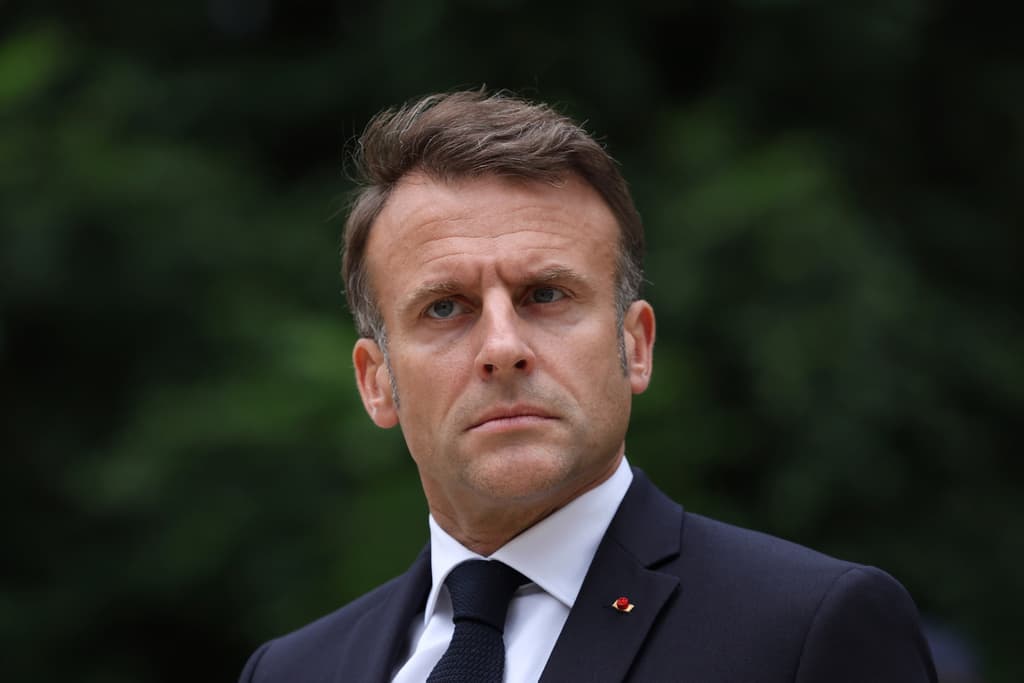There is still a deadlock in French politics after the country's polarized parliamentary elections.
The man behind the new election, President Emmanuel Macron, is now calling for negotiations across bloc boundaries.
"No one won", Macron writes in an open letter published in several French newspapers, where he requests "an honest" dialogue to build a "pluralistic" majority in parliament.
However, he simultaneously specifies that he is turning to political forces that feel at home in "the institutions of the republic, the rule of law, parliamentary democracy" and are "oriented towards Europe and the defense of France's independence".
This is interpreted as him excluding the far-right party RN, which did worse than expected and finished third. But it can also be seen as a rejection of the radical left LFI, which is part of the broad left-wing alliance NFP that surprisingly became the largest in the election.
Left-wing representatives believe that they, with their total of around 190 seats in the new parliament, should be able to propose a new prime minister from their camp.
"Macron is in denial and refuses to accept his defeat", writes LFI politician Manon Aubry on X.
But many in Macron's centrist camp, which took around 160 mandates, refuse to support a government with politicians from the more radical left. Some instead suggest a broad alliance with center-left forces and the traditional right-wing party Republicans.
The new election was called by Macron to "clarify" the political landscape after RN made significant gains in the EU election in early June at the expense of the president's electoral list.






